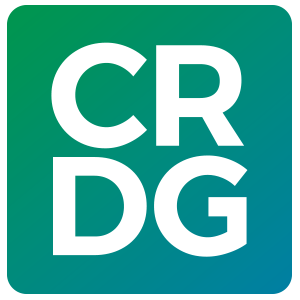24 Jul Online Marine Science Curriculum and Professional Development
The Teaching Science as Inquiry: Aquatic (TSI Aquatic) project, which is funded by the US Department of Education (USDOE) Institute of Education Sciences and the National Oceanic and Atmospheric Administration (NOAA) Pacific Services Center in partnership with the UH Sea Grant Center for Marine Science Education, aims to learn more about the factors that go into making teacher professional development programs successful. To do this, a series of professional development modules focused on the pedagogy of inquiry and the subject area of marine science was created to include a combination of in-person and online formats. Over the past three years, cohorts of teachers on all the major islands have participated in a series of workshops and evaluation studies that will advance the research on professional development effectiveness (see Two Projects Address Science in Elementary Education). In addition to working closely with the evaluation team, the TSI Aquatic team wrapped up the professional development program for cohorts on O‘ahu and Kaua‘i this year. As the professional development schedule began to wind down, it left more time for them to work on the accompanying curriculum, Exploring Our Fluid Earth, which will be delivered entirely online (exploringourfluidearth.org). While the curriculum had been developed over the three years of the project, this final year saw them looking at the program as a whole. Activities this year included conducting extensive activity testing, making sure that the recommended materials were readily available, re-reading all the activities from the standpoints of both safety and clarity, and aligning the materials with the Next Generation Science Standards (NGSS). The curriculum comprises six modules, allowing it to be used as a whole for a marine science class or to be broken up to supplement other science courses. Four of the modules—chemical, biological, ecological, and physical—are content based, and two—practices of science and standards—are process based. The Practices of Science module is made up of activities that explicitly teach the process of inquiry, whereas the Standards module links activities in the other five modules to the Ocean Literacy Principles (OLP) and to the NGSS.
Community outreach is a hallmark of the TSI Aquatic project, which has built strong partnerships with many marine science programs and organizations. One such connection is the ongoing collaboration with the UH Sea Grant College Program. Two programs came out of that collaboration this year, both showcased at the School of Ocean and Earth Science and Technology (SOEST) 25th anniversary open house, held every other year in October.
The first program resulted from a series of workshops conducted to teach inquiry methods for science teaching to Sea Grant graduate students. The courses used pedagogy similar to those in the TSI Aquatic program but were tailored for graduate science students. These students are likely to be teachers at some point in their careers, but their training is typically only in science. Students who participated in the program presented the lessons they had developed at the SOEST open house.
The second program showcased at the SOEST Open House was an art contest for students in grades K–12, which was organized in conjunction with the UH Sea Grant Center for Marine Science Education and sponsored by Maui Jim, Inc. Nearly two hundred students entered, and winners in each of three age categories received a prize package from Maui Jim, Inc. that included a certificate for a pair of Maui Jim sunglasses, a bag, a t-shirt, a hat, and a water bottle. Other sponsors included Pizza Hut and Wahoo Tacos.





